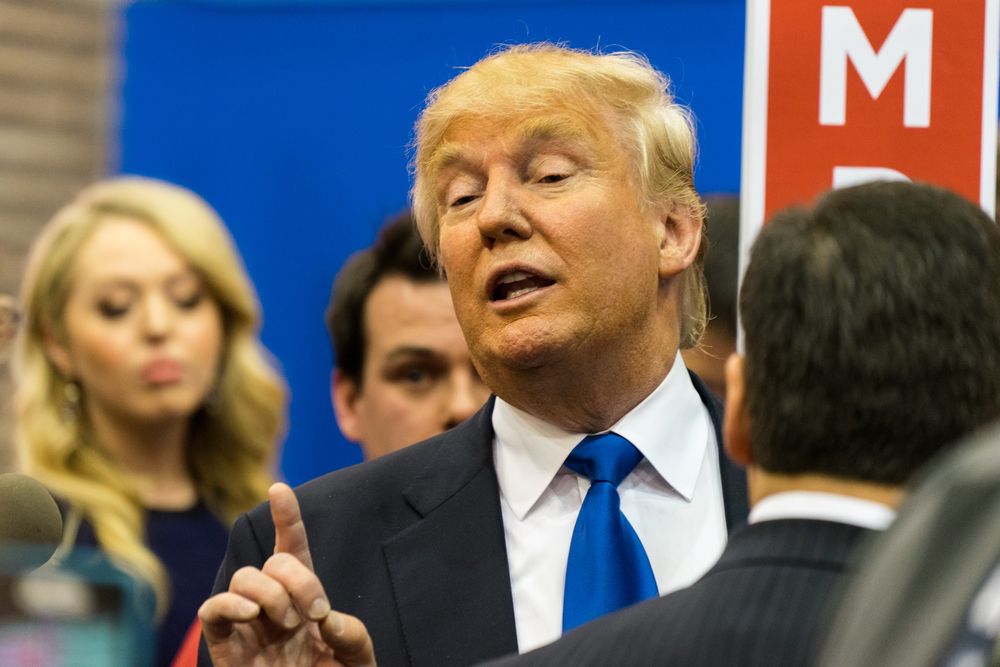Do not tell anybody, but I am totally tweeterized. I long to see the latest tweet from Donald Trump. I am addicted, dependent, enslaved and hooked to the great man’s tweets.
If there has been one overnight, my day is going to be good. I will know The Donald is in his Tower of Power on Fifth Avenue in New York City, at his Mar-a-Lago palace in Palm Beach, Fla., or at a luxury hotel that he owns, along with some big banks, and all is well with the world because he has tweeted me.
And he is coming to Washington. I am overexcited, thrilled and all atremble that — can my heart take it? — President Tweet will be sworn in as the 45th president of the United States, and the first to govern by tweet.
Tweeting is going to make him the most democratic president ever. He will tweet — forgive me for thinking it is just to me — at each great milestone of his presidency: the start of building the wall; the end of the North American Free Trade Act; the beginning of wonderful health care, for some people; the slashing of that nasty federal income tax; the new Asian order, when China is burdened with high U.S. tariffs and is put in its place — I will not let my imagination go there.
Never will any president be so close to the public (there goes my heart again) as when he speaks to us by tweet, at any hour of the day or night, because it is necessary, or when the great man just cannot get to sleep.
When Chuck Schumer, the Democratic leader in the Senate, has the effrontery to criticize the new privatized education system, The Donald will put him away in 140 characters. That is showing the power of Twitter-disciplined mind for you: so concise, so complete, so exact and right between the eyes.
If that Mr. Putin betrays The Donald’s trust in him and starts moving armies around Europe, the tweeter-in-chief will mobilize and let him have it by tweet at whatever hour, regardless of time zone. He will tell us, even before he has tweeted the Joint Chiefs of Staff on what they should do, and we will be comforted. Little me will be thrilled to see this world leader doing what he does best in crisis: tweeting.
I will feel so connected to the White House, or one of his grand resorts, which is probably where he will hang out mostly away from the prying press and the awful tourists. Just remember, all Tweet Man needs is a phone and he is connected to each and everyone of us: no journalists, press conferences, staff meetings needed. Just a word with one of his family members — and action.
Ring the bells, shout from the hills, spread the word — by tweet of course — and tell everyone there is a new order! The middlemen and women are out. A leader is one with his people by tweet, in touch 24/7.
There will be tweets to advise us if Ivanka is having a baby; if there are to be gold faucets at 1600 Pennsylvania Avenue; if the British are ending the special relationship; and if Mexico and Canada form a mutual defense pact.
A tweet here, a retweet there and very soon things are turned around: education policy, environment policy, foreign policy, healthcare policy, trade policy and, of course, policies affecting Empire Trump.
What is good for America is good for business. Forget blind trusts, even the blind know what is good for golf and the leisure industry. If you can tweet in the dark, you can see in the dark. Trust him.
The Big Tweet, the one I am waiting for more than for all the others, is, of course, the one we are all waiting for: When President Tweet tweets “America is great again.” — For InsideSources





